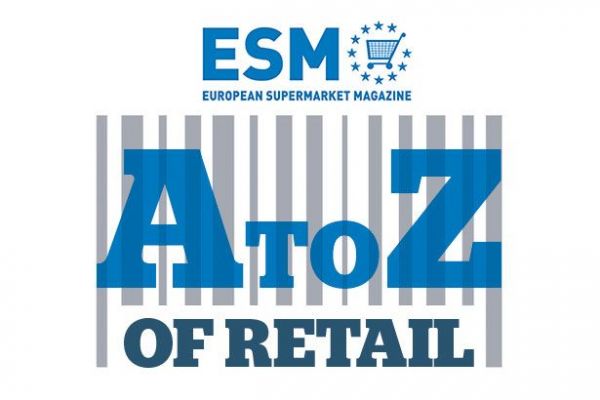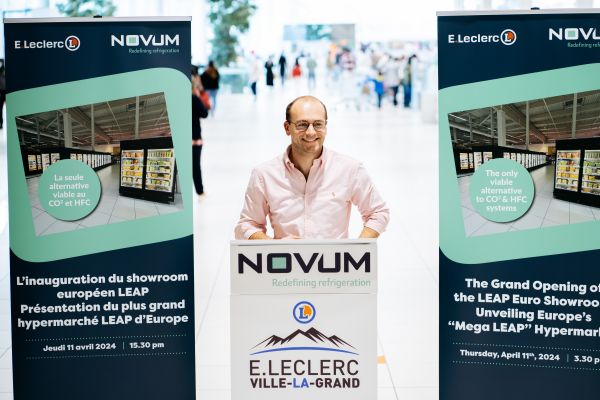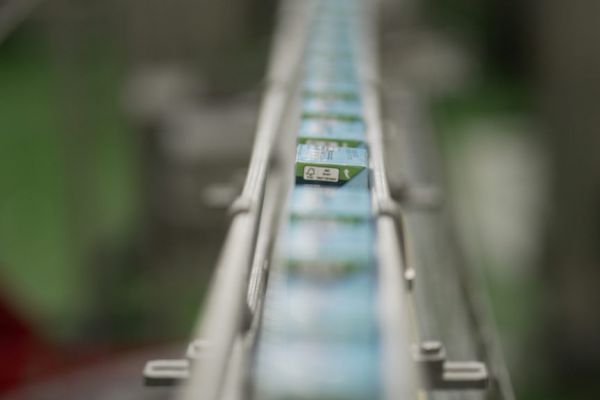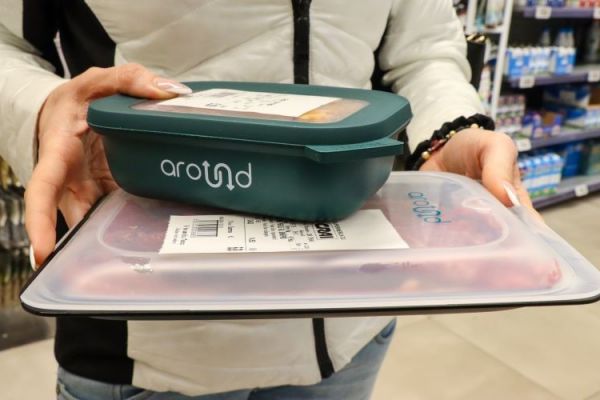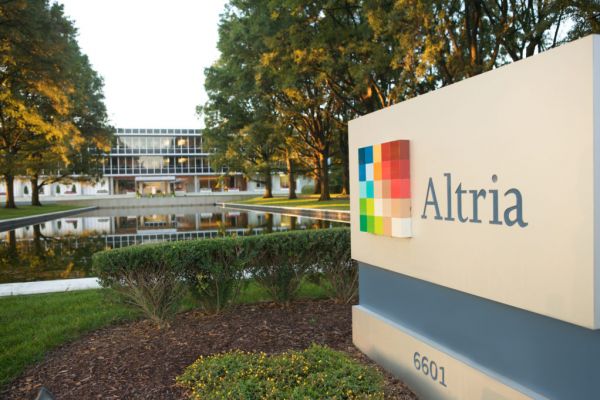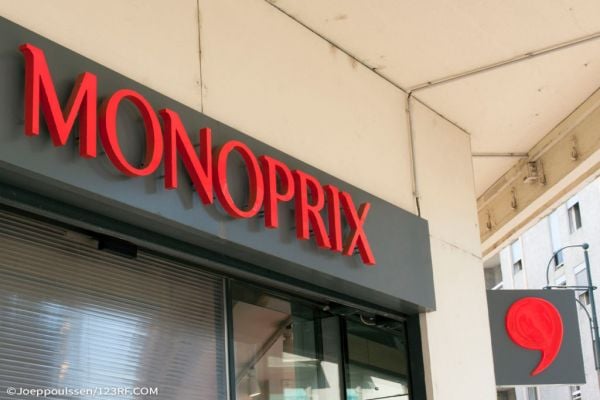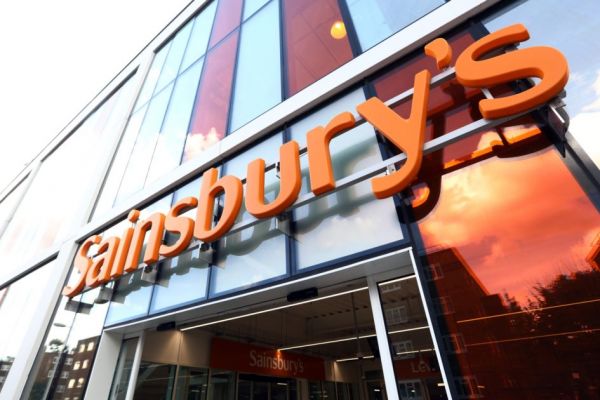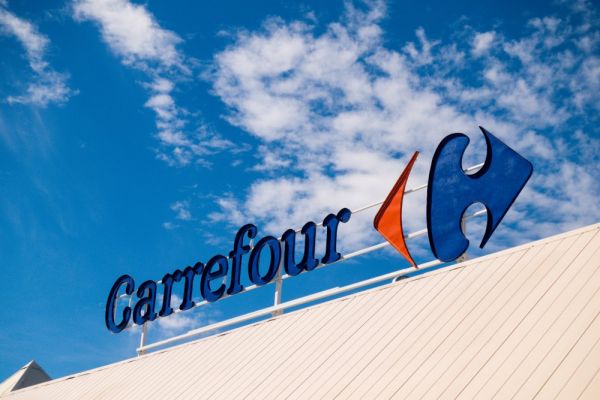ESM: European Supermarket Magazine is proud to unveil 'The A-Z of Retail', a new subscriber-only series that offers a deep analysis of the retailers, suppliers and individuals making the news each week. Today: S is for Sustainability.
No matter what business you find yourself in, whether it be retail, packaging or logistics, sustainability is the big buzzword of the 21st century.
Legislators and businesses across Europe are forging the paths for more sustainable business practices. Whether it be the EU’s ban on single-use plastics or Germany’s ban on diesel cars in cities, the trend is only going one way: towards more sustainability.
In addition, as recent research out of New Zealand has confirmed, sustainability actually drives business growth.
Companies who run a sustainable business are twice as likely to grow as those that are not engaged, according to the research, which was undertaken by the Sustainable Business Network thinktank in collaboration with the Kiwi insurance company NZI.
The researchers found that cost is still the main barrier preventing businesses from becoming more sustainable, even though reduced cost is one of the main benefits of making that choice.
“For those less involved with being sustainable, it’s about allaying fears regarding costs and for those more proactive, the sense is it’s simply about helping them activate a vision already central to their business,” said Rachel Brown, CEO, Sustainable Business Network.
“Sustainable businesses do well financially, and shareholders and staff are happy – it’s a positive outcome for all involved.”
Retail Takes The Lead
A number of European retailers have made significant steps towards a more sustainable business model.
One of the most prominent examples of this is the number of UK retailers pledging to reduce plastic waste, with frozen foods operator Iceland leading the way, by aiming to cut out plastic packaging from its private labels by 2023.
In the Netherlands, the organic retailer Ekoplaza recently opened the world’s first plastic-free supermarket aisle in Amsterdam as part of the environmental campaign A Plastic Planet, describing it as 'the day plastic polluters had nowhere to hide'.
“For decades shoppers have been sold the lie that we can't live without plastic in food and drink,” said Sian Sutherland, co-founder of A Plastic Planet. The plastic-free aisle at Ekoplaza dispels all that.”
In Germany, discounter Aldi Süd recently showcased the benefits of a closed system with its reusable boxes, which it introduced for transporting fruit and veg in 2010. The retailer said that the boxes have saved 60 million cardboard boxes, which historically can’t be recycled.
The discounter also has a positive track record when it comes to sourcing sustainable materials, such as flora, wood and cocoa.
Transport, too, makes up a large portion of retailers’ impact on the environment with the negative effect of greenhouse gases.
Spar recently updated its refrigerated delivery fleet, while Spain’s Mercadona has invested €4 million in trucks powered by natural gas.
Packaging Design
In addition, the future of packaging design will lie in its ability to tap into that circular economy mindset, Brian Lodge, design manager at the UK packaging company RPC, recently wrote in trade publication Packaging Europe.
Lodge emphasised the need not to discard plastic completely but to use the right plastics for transportation, such as rigid plastics.
“Designing for the circular economy does not mean having to throw away all the benefits that well-designed plastic packaging already offers,” he wrote. “By applying the right skill and knowledge and using the right tools, it is possible to create packs that fulfil consumer, filler, brand owner and recycler needs without compromise.”
Sustainability is a once in a generation transition, which is already part of the operating model for many retailers.
It is now up to them, alongside governments, to extend that message to as wide an audience as possible, in order to achieve a better environment for business and the planet.
© 2018 European Supermarket Magazine – your source for the latest retail news. Article by Kevin Duggan. Click subscribe to sign up to ESM: The European Supermarket Magazine.
